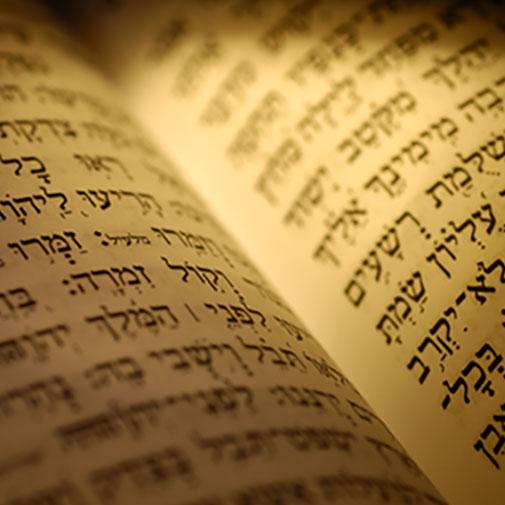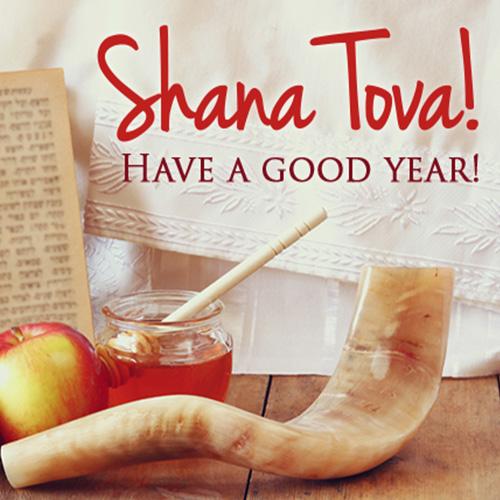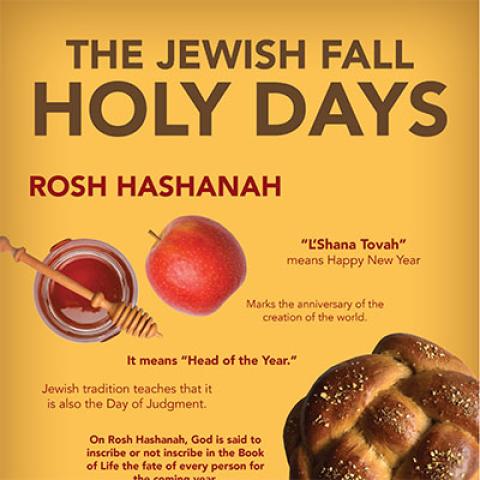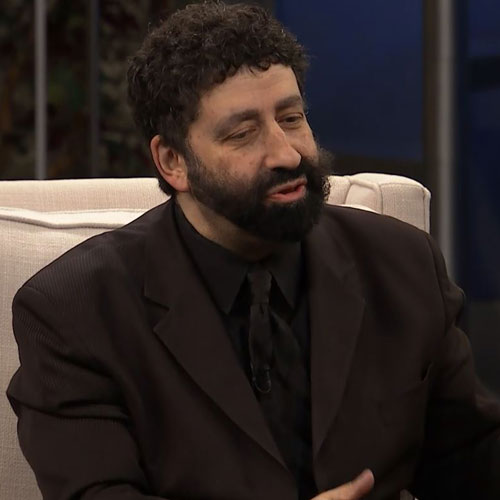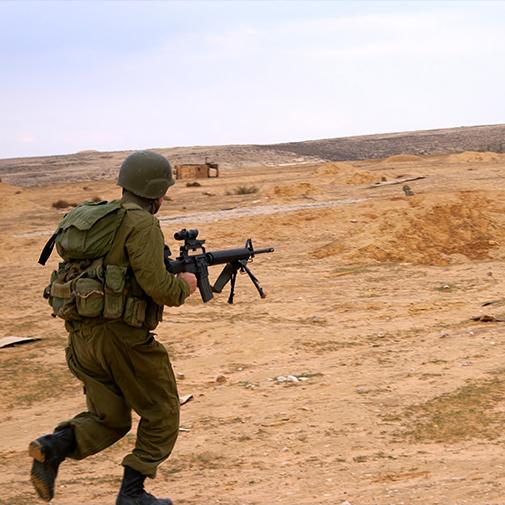I’m writing to tell you about an ambitious project to document every word in the Hebrew language. It marks the next step in the miraculous revival of a language once believed by some to be dead.
Hebrew as a spoken language began to fade after Jewish people were scattered around the world through various exiles and other events. For many centuries, Hebrew was used only in its written form.
In the late 19th century, reviving spoken Hebrew became a vital part of the Zionist movement as Jews began to resettle in the land of their ancestors. When Eliezer Ben Yehuda, known as the father of modern Hebrew, successfully brought the spoken language back to life, it was considered a remarkable achievement.
Not only was that revival successful, Hebrew is now the official language of Israel. This is considered the only example in history of such a dramatic revival of a language.
There’s no question about the nature of this linguistic revival in the mind of Gabriel Birnbaum, Senior Researcher for the Historical Dictionary Project at Israel’s Academy of the Hebrew Language.
“It’s a miracle,” says Birnbaum, who moved to Israel from Hungary when he was 6 years old.
An audacious vision
As reported in the Times of Israel, Birnbaum is part of a team working in Jerusalem on a project to document and define every Hebrew word ever used – from ancient texts such as the Dead Sea Scrolls to the works of contemporary Israeli writers.
Although the undertaking first started in 1959, it’s far from complete.
Essentially, the task is to create an exhaustive historical dictionary of the Hebrew language, comparable to the monumental Oxford English Dictionary.
Birnbaum says that he and his fellow researchers “understand that we do something very important for the Jewish people.”
But Hebrew’s unique history and the fact that it was revived after 1,700 years gives this project added importance, “for linguistics in general, also, because it’s a huge linguistic project in itself,” said Birnbaum.
“The day is short and the task is great.”
The researchers seek to comprehensively include all of the few available works of ancient literature. For later eras, where many examples exist, only representative samples are chosen.
Ben-Yehuda, who died in 1922, began work on the first modern Hebrew dictionary. Today, 25 people work to complete the project he started.
Some 50,000 entries are already included along with linguistic analysis, and definitions began to be written in 2005 – a major milestone.
“I don’t think anybody would even venture [a guess as to] how many years” it will take to complete it, the project’s Associate Editor, Steven Fassberg, told the Times.
Birnbaum seems undaunted by the size of the task. He points out a plaque, which once hung above Yehuda’s desk, quoting a traditional Jewish teaching: “The day is short and the task is great.”
Our task is great, too
In a similar way, as I consider the task we have been called to by God, it might easily be overwhelming. But your faithful prayers and support sustain us. As we stand together for Israel and the Jewish people, you are a great encouragement to me and the entire team at Jewish Voice Ministries.
As you know, this ministry has been called to bless Israel through bringing humanitarian aid and the love of Yeshua (Jesus) to Jewish people throughout the world. Your support helps us accomplish this, and we are so grateful.
Please consider a gift of support today. Give now to reach Jewish people around the world with help, healing and the Good News of the Messiah of Israel. Your partnership will carry forward this work in the name of Yeshua.
To show our appreciation for your gift of $35 or more today, we’ll send you two special Hebrew gifts. The Hebrew Trainer software package teaches you how to speak the holy language of Hebrew. The Ancient Alphabet Chart compares ancient and modern Hebrew alphabets for a historical glimpse at the language throughout the ages.
Again, thank you for choosing to partner with us. Your support is changing lives around the world.



